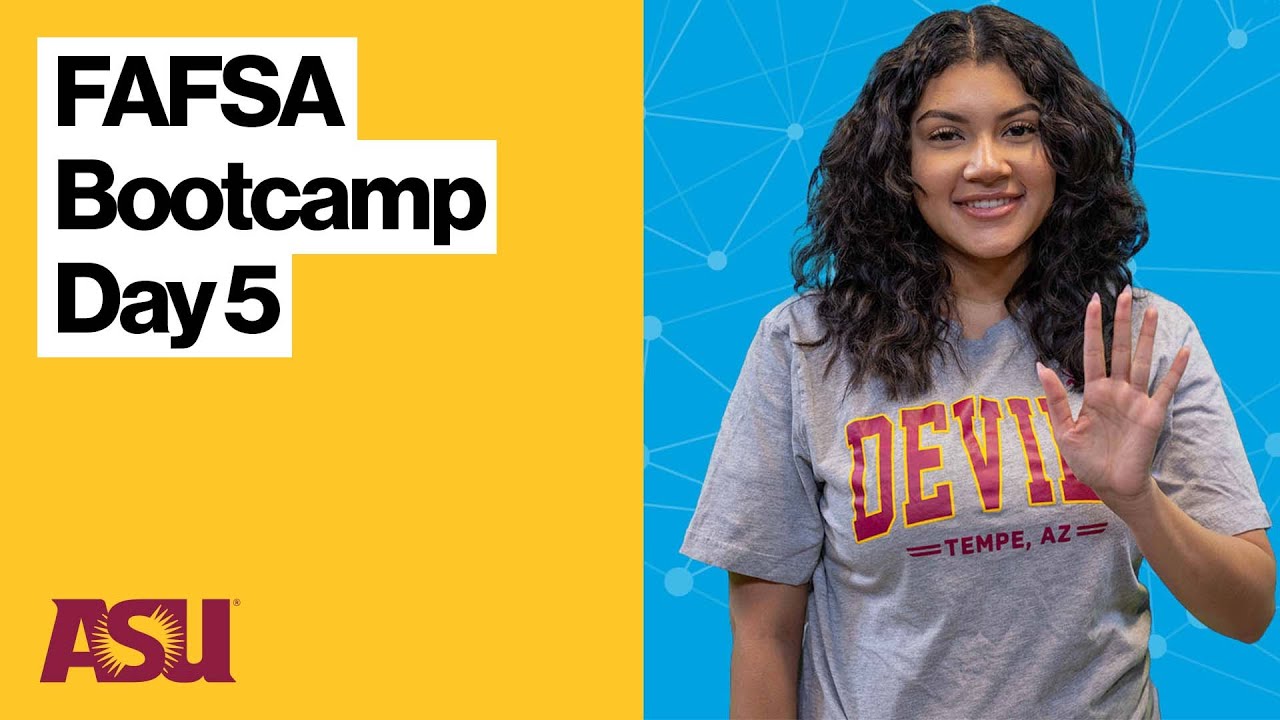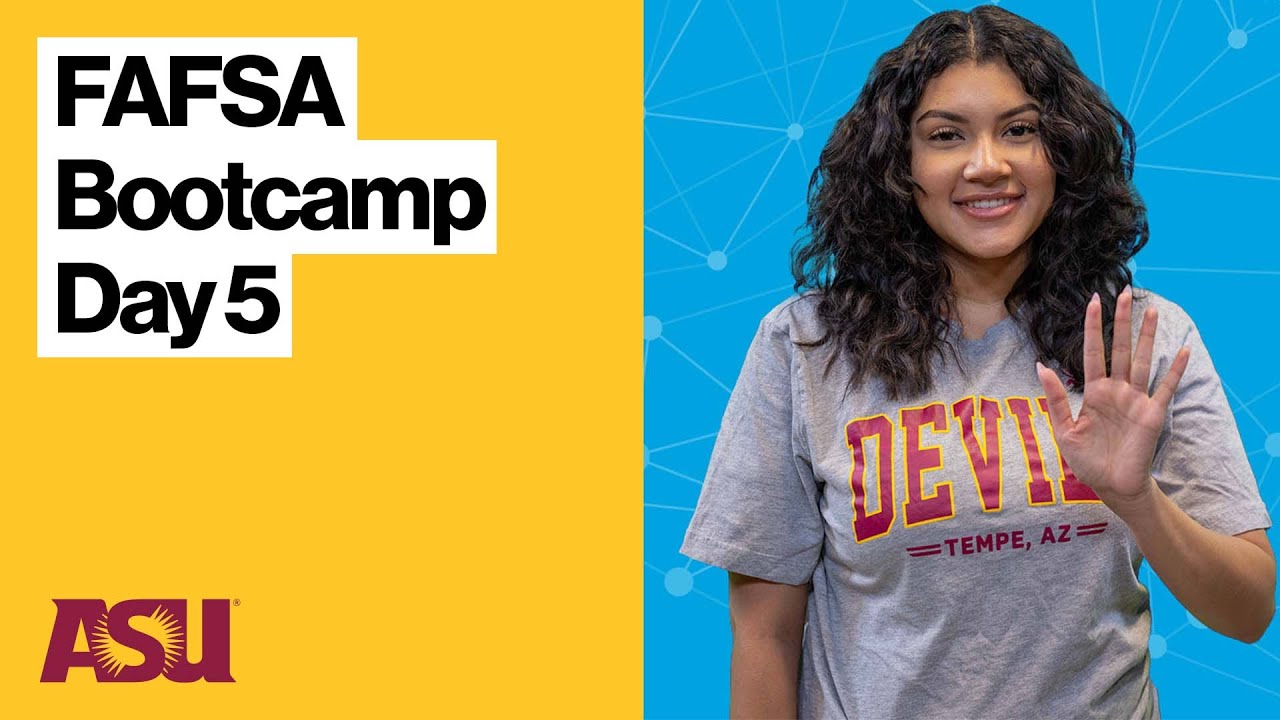FAFSA Eligibility and Coding Bootcamps: Does Fafsa Cover Coding Bootcamps

The Free Application for Federal Student Aid (FAFSA) is a crucial gateway to federal financial aid for higher education. However, understanding its applicability to coding bootcamps requires careful consideration of eligibility criteria and program specifics. This section clarifies the relationship between FAFSA and coding bootcamp funding.
FAFSA Eligibility Criteria
To be eligible for FAFSA, applicants must meet several requirements. These generally include being a U.S. citizen or eligible non-citizen, possessing a valid Social Security number, having a high school diploma or GED, and registering with Selective Service (for male applicants). Furthermore, applicants must demonstrate financial need, often assessed through the completion of the FAFSA form itself, which gathers information about family income and assets. The specific criteria can vary slightly from year to year, so it’s vital to check the official FAFSA website for the most up-to-date information.
Types of Educational Programs Covered by FAFSA, Does fafsa cover coding bootcamps
FAFSA primarily covers traditional degree programs at accredited colleges and universities, including associate’s, bachelor’s, and graduate degrees. This funding typically takes the form of grants, loans, and work-study opportunities. While FAFSA funds are not directly applicable to most coding bootcamps, they might indirectly support students by covering tuition at institutions offering related degree programs. For example, a student pursuing a computer science degree might use FAFSA funds, and then supplement their education with a coding bootcamp.
Comparison of Coding Bootcamps and Traditional College Programs Regarding FAFSA Eligibility
Coding bootcamps differ significantly from traditional college programs in their structure, duration, and accreditation. Traditional college programs are typically longer, offer degrees, and are accredited by recognized agencies. These accreditations are a key factor in FAFSA eligibility. Coding bootcamps, while often intensive and career-focused, generally lack the same level of formal accreditation and therefore are not directly funded through FAFSA. This is a primary difference that impacts funding options.
Specific Requirements and Limitations Related to Coding Bootcamp Funding Through FAFSA
There are no direct pathways to fund coding bootcamps using FAFSA. The program is designed to support accredited degree-granting institutions. While some institutions might offer coding bootcamps alongside their degree programs, the bootcamp portion itself would not be covered by FAFSA funds unless specifically integrated into the accredited curriculum and counted towards a degree. This highlights the crucial distinction between accredited degree programs and the more flexible, shorter-term nature of most coding bootcamps.
FAFSA Eligibility for Different Types of Coding Bootcamps
The following table summarizes FAFSA eligibility for various coding bootcamp formats. It’s crucial to remember that FAFSA itself does *not* directly fund coding bootcamps; eligibility refers to the possibility of using FAFSA funds for related degree programs that might include a bootcamp component.
| Bootcamp Type | FAFSA Eligibility (Direct) | FAFSA Eligibility (Indirect) | Notes |
|---|---|---|---|
| Full-time | No | Potentially, if part of a degree program | Funding must come from other sources |
| Part-time | No | Potentially, if part of a degree program | Similar to full-time, requires alternative funding |
| Online | No | Potentially, if part of an online degree program | Accreditation of the online program is key |


Tim Redaksi